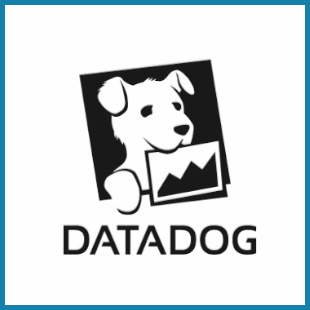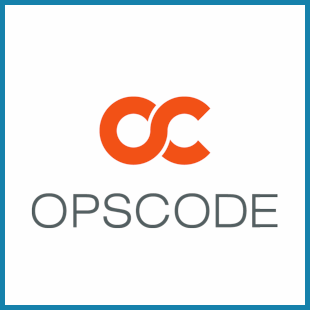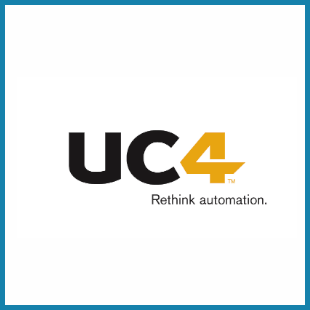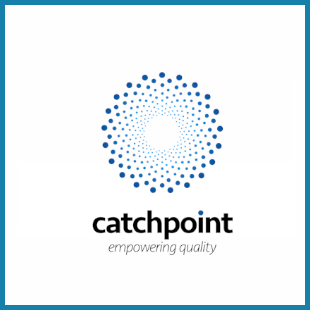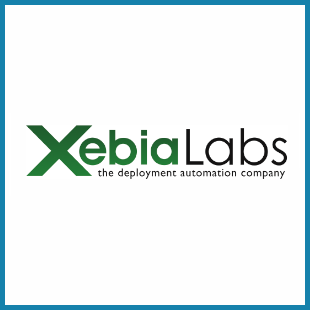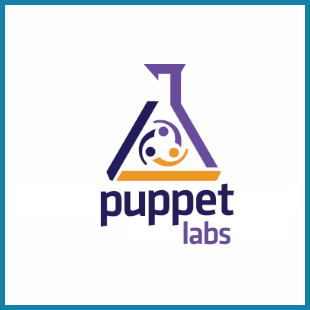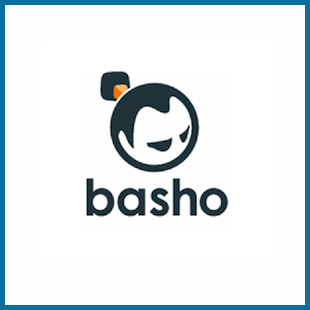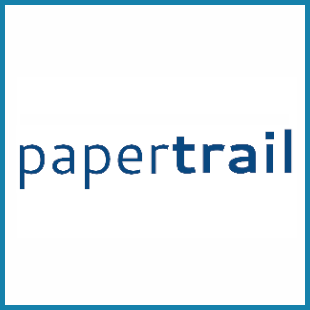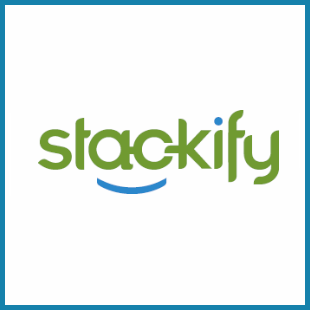
New York (January) 2013 - Proposal
Gold sponsors
We're Doing it Wrong! - What DevOps needs to learn from traditional, segregated Dev and Ops teams in order to scale up
Abstract:
It is commonly accepted gospel amongst the DevOpsDays target audience that software developers and operational staff need to not only work closer together, but share each other's duties and burdens. But it seems that very large sites are slow to adopt this model. Is this a behemoth's inherent inability to adapt quickly? Or does DevOps perhaps not scale well?
The truth lies in the middle (shocking, I know). There are still a few things that current DevOps practices or culture changes cannot address. A lot of current DevOps techniques and practices are based on a number of common open source tools, but in very large environments, these tend not to scale well; as a result, companies on that end of the spectrum have been building their own software for a long time. Perhaps they have been more "DevOps" than either we or they care to admit?
In this talk, I'd like to take a look at what prevents very large scale deployments to fall into the, I suppose, "traditional DevOps" model (and discuss whether such a thing exists). Lessons we may need to (re)learn include: automation is a means, not an end, it requires safeguards and accountability, audit trails and, in many cases, a human decision; logging all the things is only helpful if all the things can be processed, otherwise we drown in a sea of data; removing barriers between roles flattens the trust hierarchy, raising each user's impact (and ability to cause harm, intentionally or not).
Speaker: Jan Schaumann







